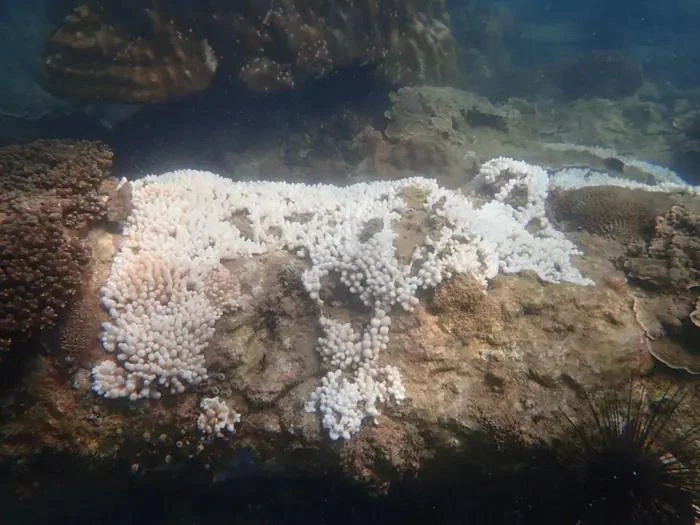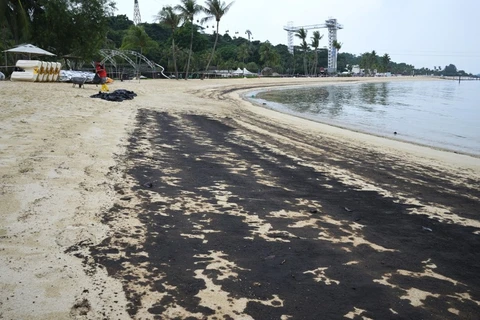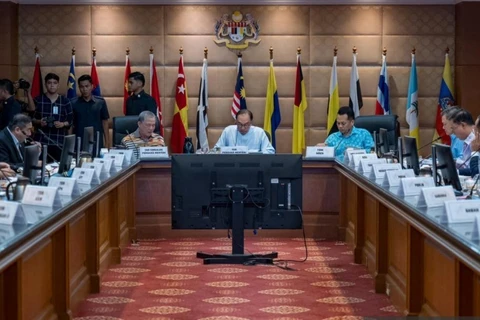
Hanoi (VNA) – More than 50% of the coral reefs in Malaysia's marine parks have been affected by mass bleaching caused by rising sea temperatures, the country's Department of Fisheries said in its announcement following a study conducted between April and June.
It said it has urged tour operators to control the number of tourists involved in recreation activities to reduce pressure on reefs.
If bleaching is greater than 80%, it will make further interventions, including temporary access restrictions to protect affected reefs, it added.
The department also said that it plans to set up a coral bleaching response committee with the involvement of researchers, NGOs and representatives from the states of Sabah and Sarawak on Borneo island.
The Southeast Asian country has many popular diving spots and a rich and vibrant marine life, with many areas recognised as marine parks.
Corals live in a symbiotic relationship with the microscopic zooxanthellae algae, which produce food and give the reef its colour. Coral bleaching is a natural response of corals to environmental stress, where corals expel the microscopic algae called zooxanthellae.
These algae provide most of the coral’s food and vibrant colour; whereby without it, the coral turns white, giving it a bleached appearance.
Coral bleaching affects not only the health of oceans but also the livelihoods of people, food security and local economies./.






















